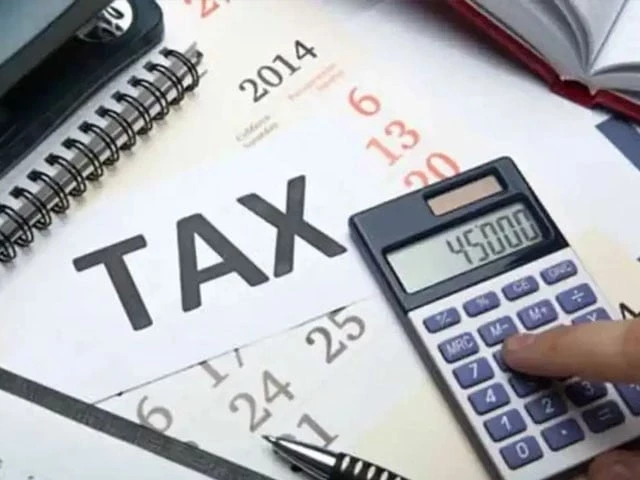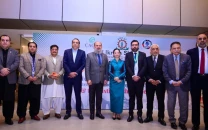Trader e-invoice deadline extended
FBR extends deadline to Dec’25, traders seek rollback of arrest powers, tax clauses

The government on Friday gave a seven-month extension to traders in real-time electronic transmission of sales tax receipts to the computers of the Federal Board of Revenue (FBR), accepting the impracticality of the earlier deadlines and addressing one of the four concerns of the business community.
The FBR issued a new statutory regulatory order to set new deadlines by dividing the businesses into seven categories as opposed to the earlier two categories.
The FBR notification superseded its April 2025 order and determined new deadlines to complete the registration and testing for integration of businesses’ hardware and software with the FBR’s computerised system.
The notification stated that as against the earlier deadline to electronically transmit invoices by June 1st, the sales tax registered persons can now complete the action by December 1st, 2025. The individuals and associations of persons having over Rs100 million turnovers in the past one year will be registered by October 1st.
For some, these relaxed deadlines are still overambitious due to the limited capacity of the FBR and the private integrators to provide complete online solutions for sending electronic invoices to the FBR.
The integration will be done by four companies: M/s Haball Limited, Webdnworks Private Limited, EY Ford Rhodes, and Pakistan Revenue Automation Limited, which is a subsidiary of the FBR.
According to the law, only a licensed integrator having a valid FBR license can configure a registered person’s electronic invoicing software for real-time electronic transmission of sales tax invoices to the FBR’s server. The government has set the maximum invoice charge at Rs10 per invoice or Rs1 million.
Extending deadlines was one of the four demands set out by the traders for returning to normal trading hours. The other three demands are the withdrawal of arrest powers on suspicion of fraud, the end of power to include half of over Rs200,000 cash expenses in income, and calling back FBR inspectors from business premises.
Any taxpayer that does not integrate by the extended deadline or contravenes any provision of this Act is liable to penal action, according to the tax laws.
According to the revised notification, as against the earlier deadline of May 1st for the corporate sector to electronically transmit sales receipts, the government has now only asked the public sector companies, companies with over Rs1 billion turnover, and all importers to complete the action by September 1st.
There are a total of 390,000 registered sales tax companies and persons in Pakistan. But there are only 10,000 registered companies in Pakistan that have over Rs1 billion turnovers and file and pay any sales tax. There are another 100,000 firms that have below Rs1 billion turnovers and pay any sales tax, according to the data compiled by those who are in the digital integration business.
Former Member of Inland Revenue Operations FBR Dr Hamid Ateeq Sarwar told the Senate Standing Committee on Finance last month that there were 200,000 registered persons and only 60,000 pay any tax.
He had also said that the International Monetary Fund (IMF) did not allow the abolition of the additional 4% sales tax being charged from unregistered persons and instead linked the removal with a one-fourth increase in the sales tax base.
The supposedly punitive 4% extra tax is now a source of remaining outside the tax net, as the businesses feel comfortable paying the additional tax and then recovering it through prices instead of becoming part of the tax regime. The FBR laws and regulations require that in case of supplies by a manufacturer or importer to an unregistered distributor, the tax invoice shall contain the CNIC or NTN of such unregistered distributors.
According to the revised notification, all companies excluding the public sector, importers, and those having over Rs1 billion turnover will get registered by October 1st. The companies having less than Rs1 billion turnovers are required to get registered by November 1st. The traders had also objected to the Rs10 per invoice cost. Sources said that the government had considered giving subsidies, which were estimated in the range of Rs40 billion to Rs60 billion. The second option was PRAL, which can provide a free-of-cost service.
Electronic invoicing is mandatory for all businesses. A registered person is required to install the electronic invoicing system through a licensed integrator.























COMMENTS
Comments are moderated and generally will be posted if they are on-topic and not abusive.
For more information, please see our Comments FAQ